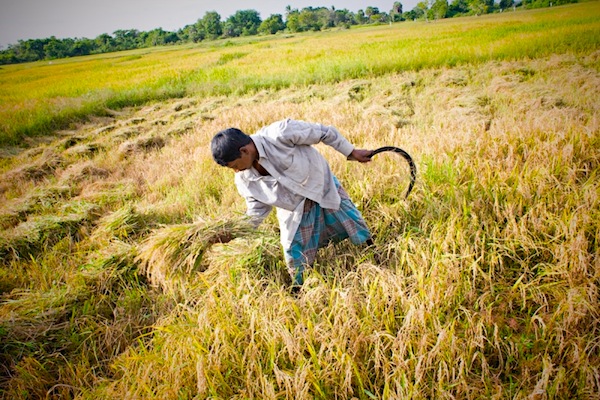Agrarian Regimes in Sri Lanka’s Economic Crisis – Call for Articles
Sri Lanka is facing its worst economic crisis since independence which has in turn given rise to food insecurity, food poverty, and increasing malnourishment and stunting. Central to these issues is the agrarian question, including the ways in which food is produced and consumed as well as dependency on global markets. By agrarian we mean something much broader than just agriculture. It’s people’s relationship to agriculture, land, and their food.
Yet there has been relatively little critical debate since the 1980s on the role of social and class relations and economic reforms in shaping the rural sector. Powerful international actors such as the International Monetary Fund (IMF) and World Bank, along with other aid agencies, have intervened in ways that have increased Sri Lanka’s dependency on the global market. Furthermore, the recent IMF agreement and the ongoing debt restructuring process are also affecting the agrarian space.
Historical and recent interventions—from austerity measures that have undermined access to key agrarian inputs such as fuel and fertiliser, to a general emphasis on strengthening Sri Lanka’s incorporation into “global value chains” and an extractive plantation regime—have all contributed to key vulnerabilities. These are however not unique to Sri Lanka and reflect changes that are affecting the South Asian region as a whole. To analyse the impact of the agrarian regimes, Polity invites submissions on a range of topics related to the broad themes outlined above. Short papers of 1500-2500 words could engage specific topics including but not limited to:
- The relationship between class dynamics and the intervention of international agencies in the agrarian sphere, including tensions between rich, middle, and poor cultivators, in addition to the demands of the landless.
- A critical look at the construction of women in agricultural discourses including by donors and development agencies, and their (in)visibilisation as producers and consumers.
- Regional, ethnic, and caste disparities that may intensify through internationalised efforts to reshape the agrarian question.
- The role of private businesses and corporations in determining who benefits from interventions in the rural sector.
- Alternative ways of framing socio-technical innovations and technologies, and whether they reinforce or reduce market dependency.
- The impact of IMF agreements, debt distress, and debt restructuring processes on land tenure, agricultural production, and the food system.
- The analysis of Sri Lanka’s agrarian relations and food regime in the context of problems faced by other countries in South Asia.
Polity (polity@ssalanka.org) will be pleased to consider submissions in the form of articles, commentaries, and interviews. The deadline is 30 September 2023.

